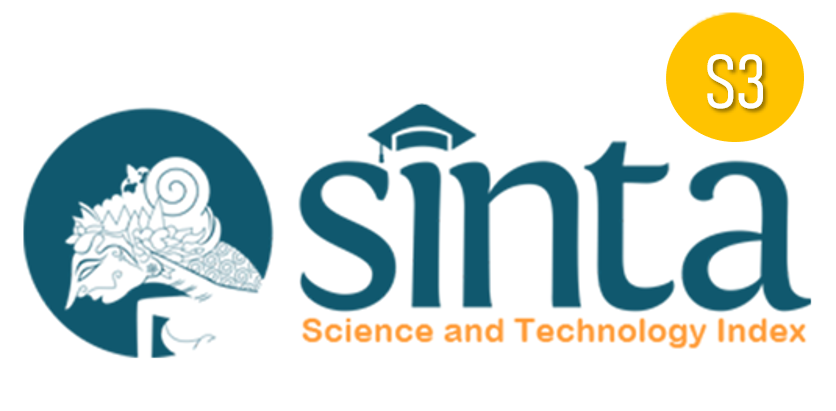Usability and Utilization of ICT Among Educational Administrators in Secondary Students in Public School
Abstract
Keywords
Full Text:
PDFReferences
Abdul-Salaam, A.O. (2007). The role of information and communication technologies in nigeria educational system. Journal of Science and Science Education, 1(1and2), 177-186.
Adomi, E. E., and Kpangban, E. (2010). Application of ICTs in Nigerian secondary schools. Library Philosophy and Practice, 345, 1-8.
Ajayi, I. A. (2008). Towards effective use of information and communication technology for teaching in Nigeria colleges of education. Asian Journal of Techno, 7(5), 210-214.
Ajisafe, O. E. (2014). Fostering utilization of ICT skills among students of Business Education. In Association of Business Educators of Nigeria. Conference Proceedings, 1(1), 171-174.
Amuchie, A. A., Asotibe, N. P., and Ikpa, E. G. (2015). Creating employment via small and medium scale enterprises: The case of Nigeria. Journal of Poverty, Investment and Development, 8, 47-53.
Buabeng-Andoh, C. (2012). Factors influencing teachersâ adoption and integration of information and communication technology into teaching: A review of the literature. International Journal of Education and Development using ICT, 8(1), 136-155
Deebom, M. T., and Zite, B. N. (2016). Effectiveness of Information Communication Technology (ICT) in teaching and learning in public senior secondary schools in Ogoni area, Rivers State. International Journal of Education and Evaluation, 2(4), 18-26.
Kavitha, D., and Anitha, D. (2018). Flipped classroom using ICT tools to improve outcome for the course 'soft computing '- a case study. Journal of Engineering Education Transformations,32(2), 2349-2473.
Singh, T. K. R., and Muniandi, K. (2012). Factors affecting school administrators ' choices in adopting ICT tools in schools --the case of Malaysian schools. International Education Studies,5(4), 21-30.
Yusuf, M. O. (2005). Information and communication education: Analyzing the Nigerian national policy for information technology. International Education Journal, 6(3), 316-321.
DOI: https://doi.org/10.17509/ijert.v3i2.48244
Refbacks
- There are currently no refbacks.
Copyright (c) 2022 Universitas Pendidikan Indonesia (UPI)

This work is licensed under a Creative Commons Attribution-ShareAlike 4.0 International License.







.png)




